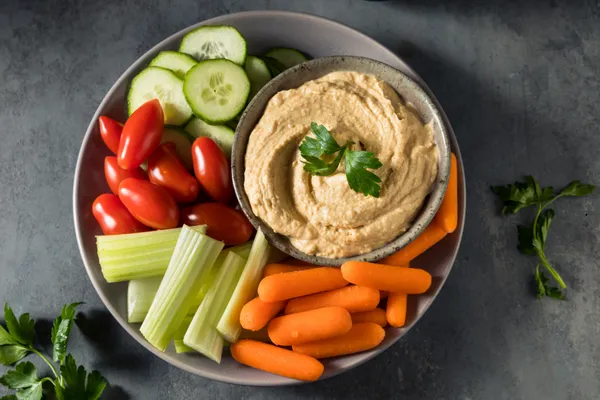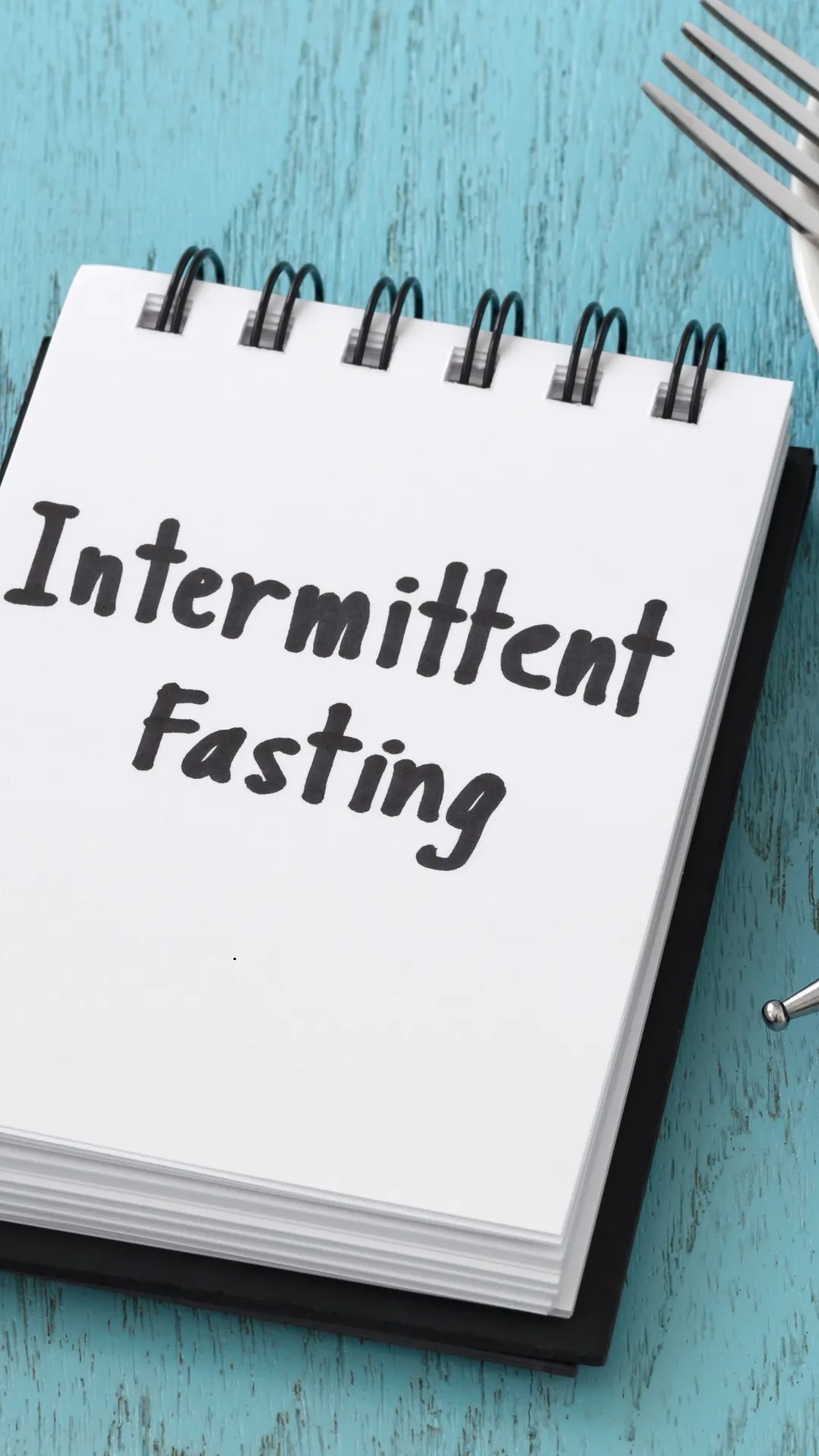
5 Everyday Eating Habits That Nourish Your Brain
"But what sometimes gets lost in discussions about mental health is a simple truth: the food you eat can have just as profound an effect on your brain as the drugs you take." - Dr Uma Naidoo, psychiatrist, nutrition specialist, professionally trained chef and author of The Food Mood Connection
Difficulty concentrating, low mood, and rising anxiety aren’t just random — they’re often signals from your brain that something’s missing. They are increasingly common experiences, and while they can have many causes, there’s one piece of the puzzle that often gets overlooked: the food you eat.
The food we put on our plate provides the raw materials our brain needs to function. Just like a house is built from bricks and timber, your brain relies on key nutrients — vitamins, minerals, essential fats, antioxidants and amino acids — to produce neurotransmitters, regulate mood, and maintain clear thinking.
But when we’re missing out on those brain-nourishing nutrients — whether from ultra-processed foods, stress, or simply not knowing what our brain needs — it’s like trying to run a complex machine without enough fuel or the right parts. Over time, this can lead to:
Brain fog and poor focus
Low mood or motivation
Increased feelings of anxiety or overwhelm
Cravings and energy crashes
And yet, this connection between food and mental clarity is often missed. We’re told to eat well for our heart or our weight, but rarely for our mind — even though the science is clear: nutrition plays a critical role in how we think, feel and function every day.
The good news? You don’t need a perfect diet to experience sharper thinking and steadier moods. Small, sustainable food habits can make a big difference to how your brain performs and how you feel.
Here are five everyday eating habits that can help nourish your brain and support better focus, mood, and energy — no drastic changes required.
1. Start Your Day With Brain Fuel
What you eat first thing in the morning sets the tone for your brain (and blood sugar) for the rest of the day.
A typical quick breakfast — think toast and jam, sugary cereal, or a coffee on the go — can send your blood sugar on a rollercoaster, leaving you foggy and unfocused by mid-morning.
Instead, aim to include protein, healthy fats, and fiber to give your brain a steady supply of energy. This could be scrambled eggs with greens, overnight oats with berries and seeds, or a blueberry smoothie with nut butter, milled flaxseeds and almond milk.
Small shift, big win: Aim for 20g of protein at breakfast — your brain (and focus) will thank you.
2. Embrace Brain-Boosting Fats
Your brain is nearly 60% fat, and it needs healthy fats to function well. For years we were told to fear fat, but science now shows that the right kinds of fat — particularly omega-3 fatty acids — are essential for memory, mood regulation, and even reducing the risk of cognitive decline.
You’ll find these powerful fats in foods like salmon, sardines, walnuts, flaxseeds, and chia seeds. And don’t forget to cook with nourishing oils like extra virgin olive oil or avocado oil.
Try this: Swap out refined seed oils and low-fat spreads and replace with olive oil, a few slices of avocado, or some nut butter.
3. Add Colour To Every Plate
Brightly coloured fruits and vegetables are more than just pretty on the plate — they’re packed with antioxidants and polyphenols that protect your brain from oxidative stress and inflammation.
Think blueberries, red peppers, leafy greens, turmeric, and fresh herbs. Each colour group brings different brain benefits, so variety really is key.
Simple habit: Make it your goal to “eat a rainbow” every day.
4. Snack Smarter
Many people turn to snacks to get through the afternoon slump — but if that snack is a biscuit, muffin, or something ultra-processed, it may actually worsen brain fog and energy crashes.
Instead, choose snacks that combine protein, fat, and fiber to keep your blood sugar stable and your brain alert. Think boiled eggs and cherry tomatoes, humus and veggie sticks, apple slices with almond butter, or a small handful of mixed nuts and seeds.
Snack tip: Choose snacks grown on a plant, not made in a plant!
4. Stay Hydrated - The Brain-Friendly Way
Even mild dehydration can reduce focus, slow your thinking, and affect your mood. Your brain is around 80% water, so it’s no surprise that hydration plays a big role in how well it functions.
Start your day with a glass of water, keep a water bottle nearby, and don’t wait until you’re thirsty to drink. If plain water feels a bit boring, try adding a slice of lemon, fresh mint, cucumber, or a few berries to make it more enjoyable. You can also sip on herbal teas or sparkling water for variety.
Hydration habit: Try drinking a mug of hot water with a slice of lemon before your morning coffee — your brain will feel the difference.
Nourishment Over Perfection
Eating for a sharper mind doesn’t mean doing everything perfectly. It’s about building small, consistent habits that add up to better mental clarity, steadier energy, and a stronger memory over time.
You don’t have to overhaul your diet overnight. Maybe you start with a protein-rich breakfast this week. Or swap one processed snack for a nourishing one. Every small shift you make is a win for your brain.





